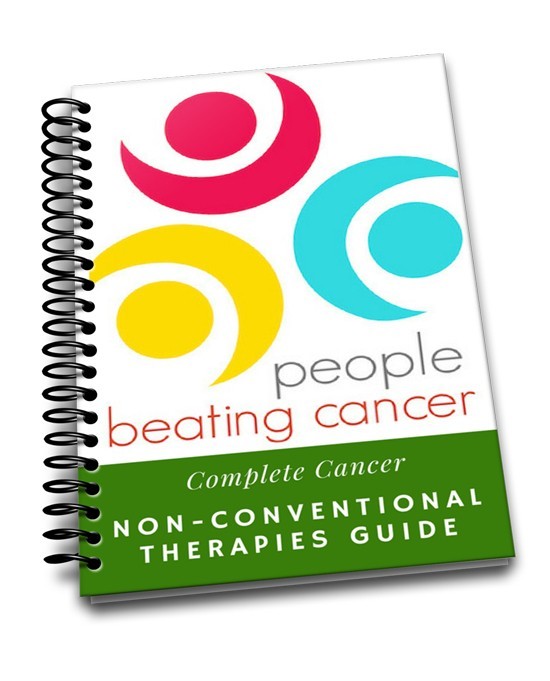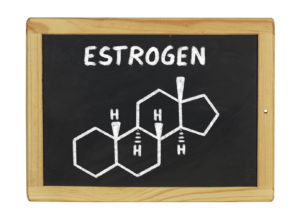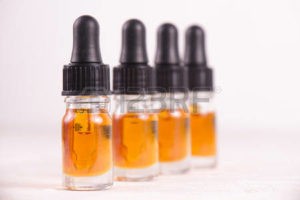Leave a Comment:
8 comments
Hello David – I wonder if you work with people like me who have opted out of conventional medical treatments for endometrial cancer… meaning no surgery, chemo, radiation, conventional pharma. I have been using cbd oil and medical cannabis. Plus another completely off-label ‘drug’ that really seems to be helping but that I’m waiting until later to talk about. Thank you & congrats on your own success.
ReplyHi Deb-
Thank you. I work with cancer survivors and caregivers. My job is to research and present information about both conventional and non-conventional therapies. The patient/survivor decides his/her therapy plan.
It is interesting to read of the growing interest in off-label therapies.
hang in there,
David Emerson
ReplyHow does one know, without an internal exam or biopsy,, that CBD has caused apoptosis of precancerous cells?
ReplyHi Laurie-
The short answer is, without an internal exam or biopsy, you can’t know if CBD caused apoptosis of precancerous cells. Studies have documented the ability of a number of non-toxic therapies to kill uterine cancer cells. But you can’t know without diagnostic testing.
David Emerson
ReplyHi Justyna- I specialize in multiple myeloma. I no longer coach endometrial cancer. To answer your question about CBD dosing, as a non-conventional therapy, the studies of CBD oil talk only about ” a time and dose dependent manner” meaning the more the better.
My point is that your mom should start slow and increase her dosing as she sees fit.
David
Is there any way I can get a translation of all this to the average person that doesn’t understand such intense medical terms ??
My mother has endometrial cancer and in the spleen… she went through 6 rounds of chemo and in combination was taking high grade CBD and THC…. the cancer in the endometrial area has cleared but it’s still in the spleen… they put her on some clinical trial medication but she reacted very badly to it … and I’m afraid this medication will not be an option for her… I’m trying to understand how THC and CBD works for her in this case
ReplyHi Justyna,
I’m sorry for any/all medical jargon. I try to research and write about/symplify the studies but they can still be confusing. The reason why I am a cancer coach is for the reason why you are writing. As a long-term cancer survivor myself, I understand and provide info and expertise.
For a fee I work with cancer patients and caregivers to understand their conventional therapies (chemo your mom has already had) and will as future non-conventional therapies such as CBD/THC as well as possible chemotherapies.
I am here if you need me. Hang in there,
David Emerson
Cancer Survivor
Cancer Coach
Director PBC
Hello thank you for the response, and where can I find your fee’s
My mother’s immune system isn’t doing so great and he white blood cell count has been too low for chemo twice now …. she is taking CBD & THC religiously but I’m trying to research if she is taking enough ? She takes it twice a day …. CBD mostly in the morning and 1/2 and 1/2 of CBD and THC at night thru a suppository
Her diagnoses is called Advanced recurring endometrial cancer … any help would be much appreciated
Reply



